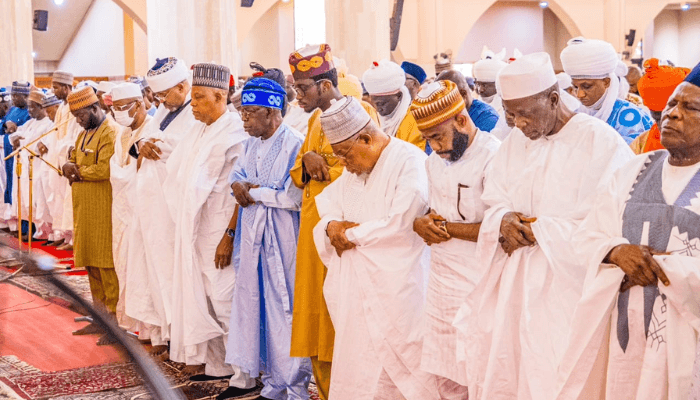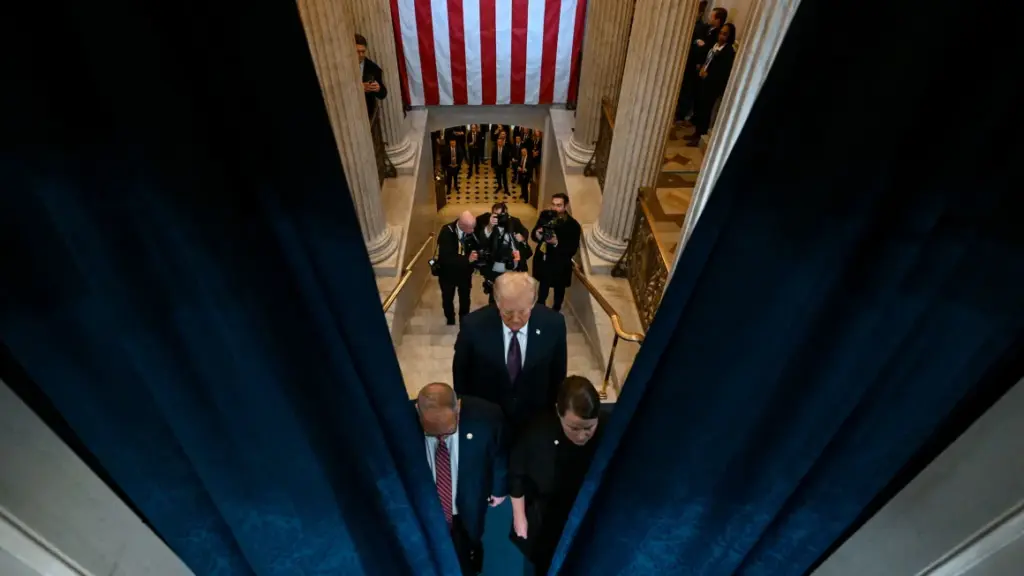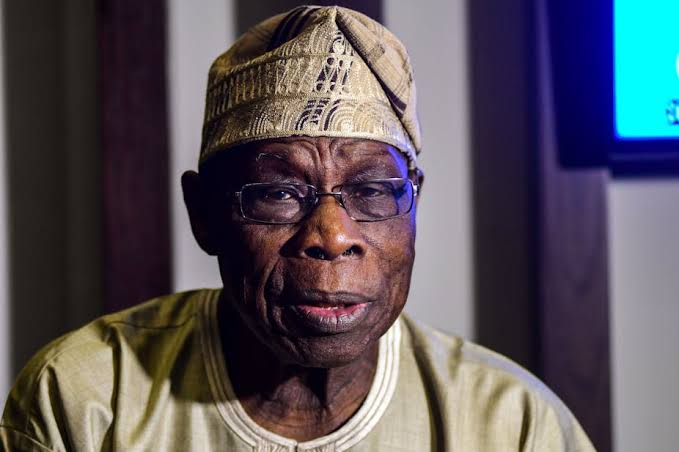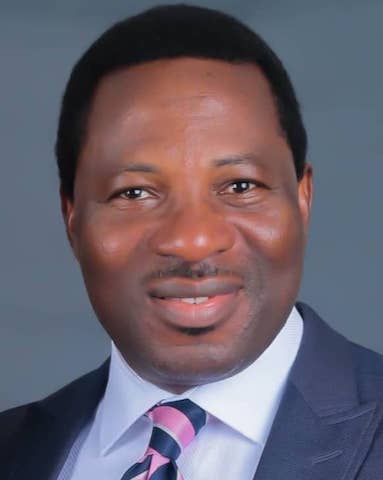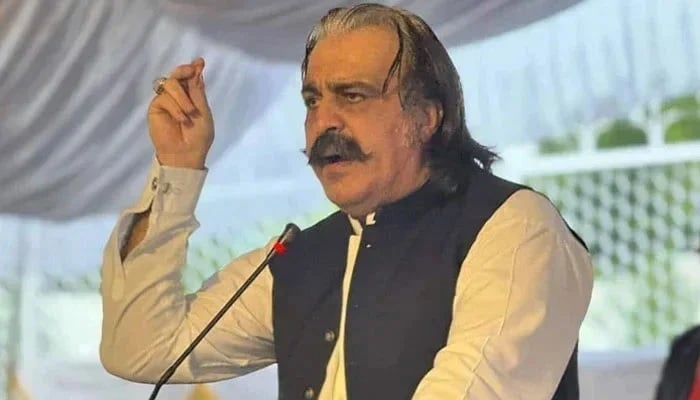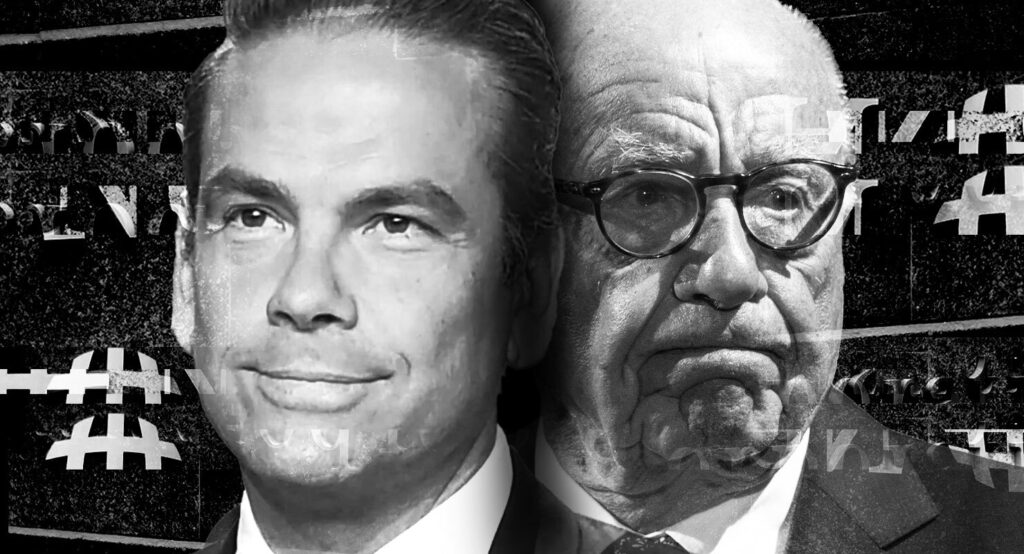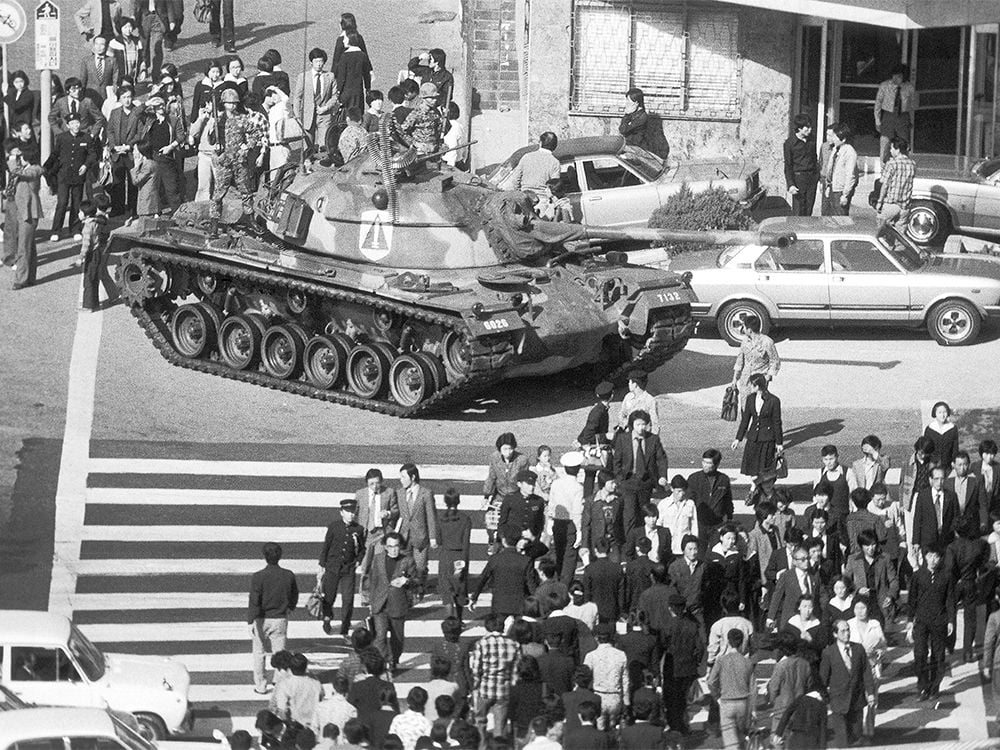“We’re not Igbos” – Controversy as Ikwerre ethnic group rejects affiliation with southeast
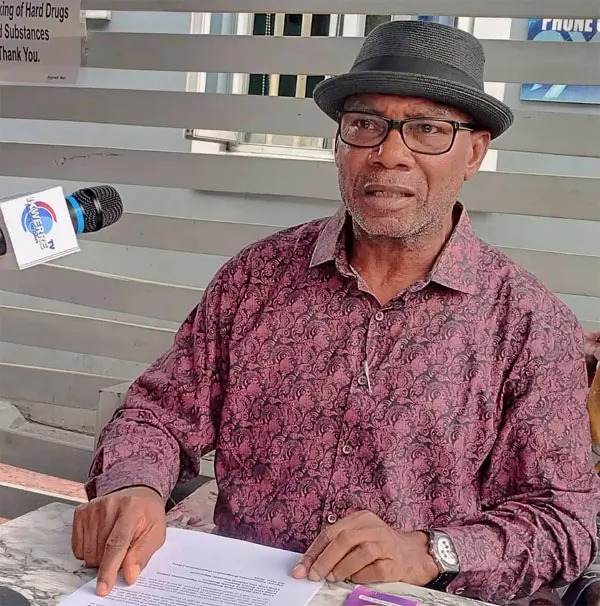
Politics tamfitronics
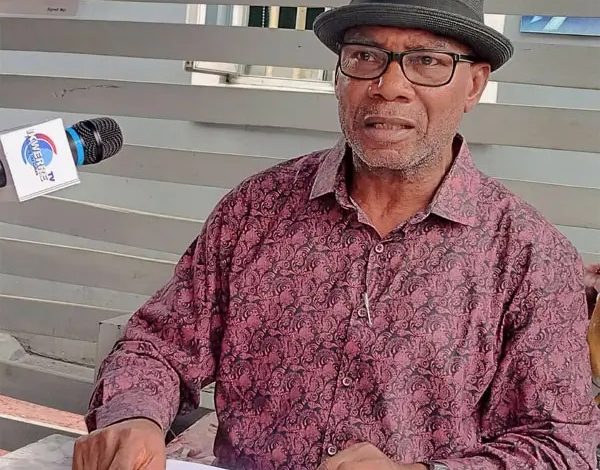
The Ikwerre ethnic nationality, represented by the Iwhnurohna Progressive Union (IPU), has ignited fresh controversy over their ethnic identity, firmly rejecting any affiliation with the Igbo people of the Southeast geopolitical zone of Nigeria.
The Ikwerre, primarily based in Rivers State in Nigeria’s South-South region, voiced strong opposition to comments by a former Secretary-General of the apex Igbo organization, Ohanaeze Ndigbo, Uche Okwukwu, who claimed that the Ikwerre are of Igbo descent.
Speaking at a press conference in Abuja, the President of IPU, Dr Okachikwu Dibia, expressed his community’s discontent with what he described as an “unholy narrative” propagated by Igbo leaders such as Okwukwu and the late President-General of Ohanaeze Ndigbo, Chief Emmanuel Iwuanyanwu.
Dibia stated that the Ikwerre ethnic group would file a petition to the Inspector-General of Police, Kayode Egbetokun, and other national and international security agencies, accusing Okwukwu of making threats of extermination against the Ikwerre people.
“IPO will surely petition the Inspector-General of Police (IGP) and all other national and international security agencies on the threat of extermination of the Ikwerre people issued by one Barrister Uche Okwukwu,” Dibia declared.
He outlined several cultural, linguistic, and historical factors as reasons why the Ikwerre should not be classified as part of the Igbo ethnic group.
According to him, the Ikwerre people, also known by their native name, Iwhnurohna, have distinct cultural identities that separate them from the Igbo.
“Let us make it clear here that while Ikwerre is our political name, Iwhnurohna is our native name, and both refer to the same people: Ikwerre ethnic nationality are found in Rivers State, Niger Delta, South South geopolitical region of Nigeria,” Dibia clarified.
The claim that Ikwerre are part of the Igbo people, Dibia argued, is based on a flawed understanding of the historical and social interactions between the two ethnic groups.
He refuted the assertion by Iwuanyanwu that Ikwerre speaks the Igbo language because they are Igbo.
Instead, Dibia argued, the adoption of the Igbo language was largely a result of prolonged cultural, political, and economic interactions between the two groups, particularly during the period of the Eastern Regional Government from 1952 to 1967.
“When they say ‘Ikwerre is Igbo,’ what do they mean? They mean that all the ancestral communities in Ikwerre originated from Igboland. This is not true,” Dibia stated.
Dr. Dibia emphasized that the Ikwerre ethnic group is deeply committed to the unity of Nigeria but advocates for greater self-determination within the federation.
He called for respect for the distinct identities of Nigeria’s various ethnic nationalities, stating that the key to achieving national unity lies in embracing and celebrating diversity rather than imposing external identities on groups like the Ikwerre.
“The Ikwerre Ethnic Nationality strongly believes in one Nigeria. We also suggest that to realize this unity, the different composite ethnic groups should enjoy full self-determination, and this is the meaning of unity in diversity which remains a runaway potential waiting to be optimized,” Dibia stated.
Discover more from Tamfis Nigeria Lmited
Subscribe to get the latest posts sent to your email.



 Hot Deals
Hot Deals Shopfinish
Shopfinish Shop
Shop Appliances
Appliances Babies & Kids
Babies & Kids Best Selling
Best Selling Books
Books Consumer Electronics
Consumer Electronics Furniture
Furniture Home & Kitchen
Home & Kitchen Jewelry
Jewelry Luxury & Beauty
Luxury & Beauty Shoes
Shoes Training & Certifications
Training & Certifications Wears & Clothings
Wears & Clothings





